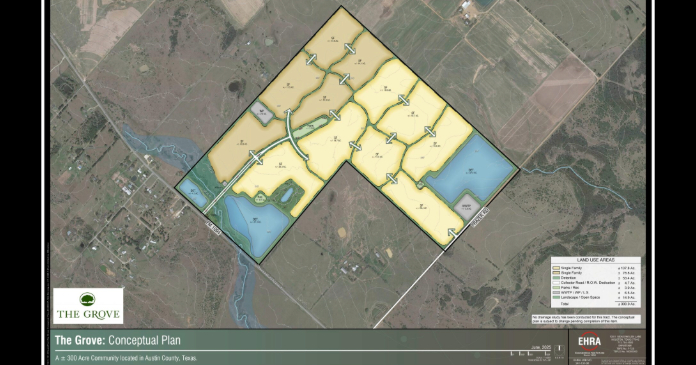On the other hand, some 250,000 new jobs were created last month – albeit many are temporary government census takers.
Republicans and Democrats now agree on which two big issues matter: in the short term it is unemployment and in the long term it is the federal budget deficit.
But as the high unemployment numbers reflect, government’s well-intended spending to reduce unemployment has not worked. Worse, these mammoth spending programs are exacerbating the federal budget deficit.
Consider the 2009 stimulus package, which promised to bring unemployment below eight percent. One-third of the $880 billion spent went to states so they didn’t have to make tough decisions, cut employees and rein in “out of control” government pensions. The states got a two-year reprieve but still face serious financial issues in 2011. They will certainly be back soon asking the federal government for more money so state workers do not have to be fired.
Another one-third of the package went to various pork barrel projects wrapped in the more aesthetically pleasing “green” wrapping paper of clean energy, broadband deployment and “shovel ready” construction. Certainly, some of these projects have value and created some jobs, but were they enough to borrow from the future?
The final one-third went to reduced taxes for all Americans except the wealthy. This certainly pumped money into the economy and was the cleanest part of the stimulus.
But after this enormous spending package, which was supplemented by cash for clunkers, unemployment benefits extensions, home-buyer tax credits, and now a new health care law, we are two trillion dollars more in debt; and, due to deficit spend, another trillion dollars in the next ten years. (Keep in mind this is under the unrealistic assumptions of the Administration about eliminating war spending, no big disasters, no bailing out states, the health care law not affecting the deficit, low unemployment and solid economic growth.)
And what do we have to show? Since the passage of the stimulus bill, which promised to “save or create” four million jobs, we have lost 2.4 million jobs in the private sector but created over 150,000 jobs in the public sector.
The reason these programs failed is that they often have the exact opposite impact of what their well-meaning legislators intend. Take “cash for clunkers” for example. Sure, Uncle Sam subsidized sales of many new cars, which wouldn’t have otherwise been sold, but by taking perfectly good older cars off the roads and destroying them (as the law required), aftermarket auto parts manufacturers, installers and retailers lost business and had to cut jobs.
Or even take something as helpful to those truly in need like unemployment benefits. For most, I believe it is a necessary hand. For others, it is an excuse not to get a job. This past year, I met two job candidates who drove this point home. With one, the interviews were over and we were talking about a job start date. To my chagrin, the candidate asked that she withhold starting until after her unemployment ran out. Another said he had to look for a job “seriously” as his unemployment went out so he was contacting me as an old colleague. Given their ethics, neither candidate got a job offer but the broader point is that well-meaning programs can and do have unintended effects.
Another striking example is the first-time home-buyer credit. It really was a gift to people who already owned starter homes and were able to raise the price of their homes so they could buy another one. Why these people needed a lift is beyond me and I am not clear why this was a worthy reason to borrow from future taxpayer income.
So what can and should a government do to create jobs?
Well, first recognize that other than hiring government workers with taxpayer money (which could have been spent on investing in job creating ventures), the government does not create jobs. Rather, it creates conditions under which job-creating employers feel confident investing.
Our economy is struggling because employers fear their government. They have been hit with a confusing health care plan, with new taxes on investment and a deficit so large that they expect new taxes to come. At the same time, most businesses have seen their banks stop seasonal lending. This uncertainty about government action combined with a lack of capital has restricted new hiring and investment. More, the banks’ refusal to lend alone has caused many retailers to close their doors, as they cannot finance their inventory.
If the government wants Americans to get jobs, it is simple—stop spending and stop trying to “spread the wealth around”—create some certainty in future taxation and allow banks to lend money to the same companies that have been lending to for many years.
Author: Gary Shapiro, president & CEO of the Consumer Electronics Association















